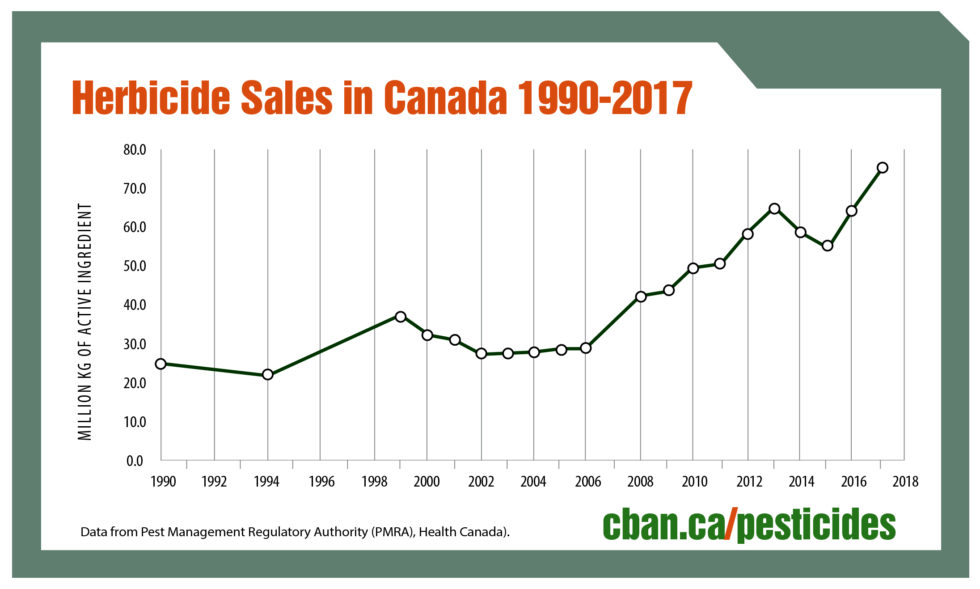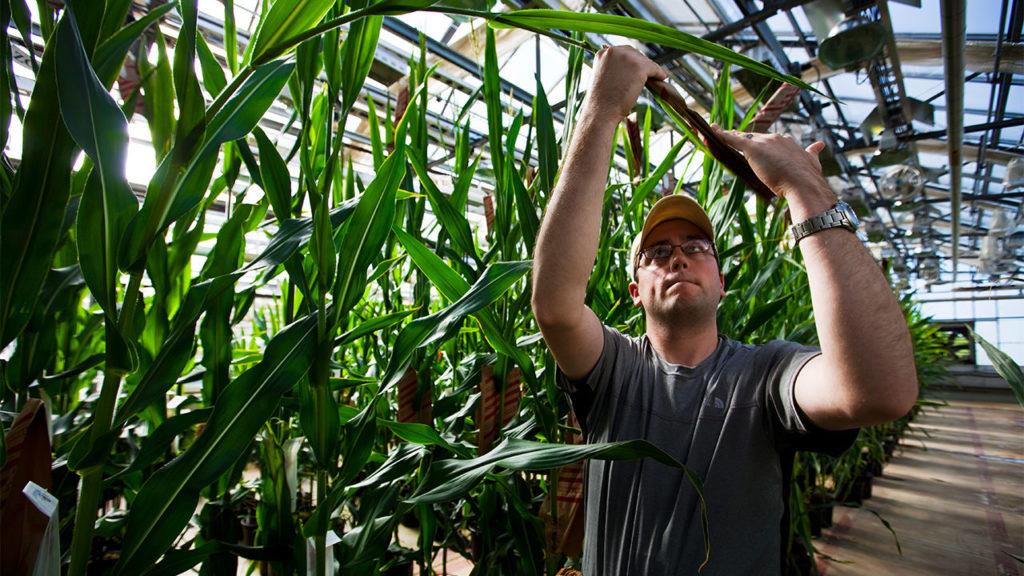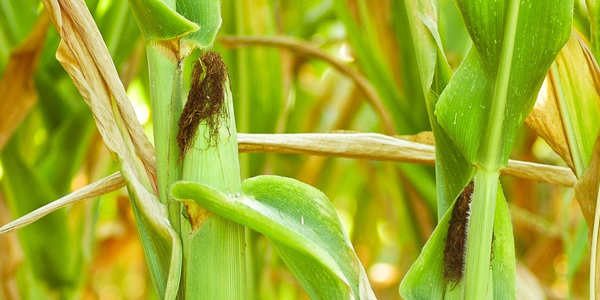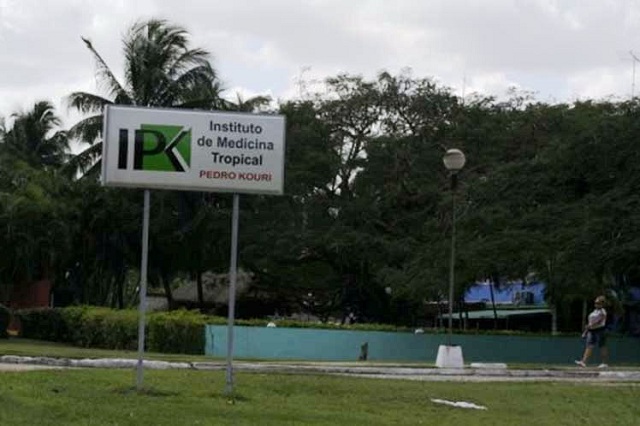Sustainable Pulse - June 27, 2020
The Secretariat of Environment and Natural Resources (SEMARNAT), Mexico’s Environment Ministry, has announced that glyphosate-based herbicides will be phased out of use in the country by 2024 to protect human health and the environment.
“Given the scientific evidence of glyphosate toxicity, demonstrating the impacts on human health and the environment, the Secretariat of Environment and Natural Resources (SEMARNAT) has taken important steps to gradually reduce the use of this chemical until it achieves a total ban in 2024.
Dr. Adelita San Vicente Tello, Director General of the Primary Sector and Renewable Natural Resources at SEMARNAT, announced the news after participating in the conversation Why will Mexico join the ban on glyphosate? organized by the National Autonomous University of Mexico’s (UNAM) Academic Observatory of Society, Environment and Institutions.
Damián Marino, from the National University of La Plata, Argentina; Emmanuel González, of the Metropolitan Autonomous University, Xochimilco; Fernando Bejarano, of the Action Network on Pesticides and Alternatives in Mexico (Rapam), and Leticia López of the National Association of Rural Marketing Companies (ANEC), all supported the strong decision that SEMARNAT has made on this issue.
Glyphosate Box
Glyphosate Residue Free Certification for Food Brands – Click Here
Test Your Food and Water at Home for Glyphosate – Click Here
Test Your Hair for Glyphosate and other Pesticides – Click Here to Find Our Your Long-Term Exposure
San Vicente Tello explained that the issue of pesticides has provoked a great struggle for several years, and now SEMARNAT, with Victor M. Toledo at the helm, is taking determined steps towards the transformation of the country’s agri-food system in order to make it “safer, healthier and more environmentally friendly”, as part of which it has identified the gradual reduction of glyphosate with alternative methods as critical.
Among the actions that have already been taken, she recalled that in November last year, under the precautionary principle for the prevention of environmental risks, SEMARNAT stopped the import of a thousand tons of glyphosate.
She also explained that the Committee on Health, Food, Environment and Competitiveness (GISAMAC) was also established in 2019 with the aim of having a national vision for major health and environmental problems. The Ministry recently gave its full support to the policy introduced by the Committee for the urgent attention of environmental issues for the benefit of the health and well-being of the Mexican population.
San Vicente Tello said that, together with the National Council of Science and Technology, she is analyzing alternatives to the use of glyphosate-herbicides for large-scale agricultural production, as there are many weed management experiences with methods that farmers themselves and indigenous communities have applied for thousands of years.
In addition, government education campaigns are being prepared with different medias, such as infographics and videos that will be translated into several languages and will include data and independent scientific sources on the effects of glyphosate-based herbicides on the environment and health, with the purpose of alerting the population to the risks involved from their use. During and after these campaigns the general public and specific communities can draw their own conclusions.
Finally, San Vicente Tello reiterated that in the face of this problem we all have to act, because “beyond productivity, there is human and environmental health”.




